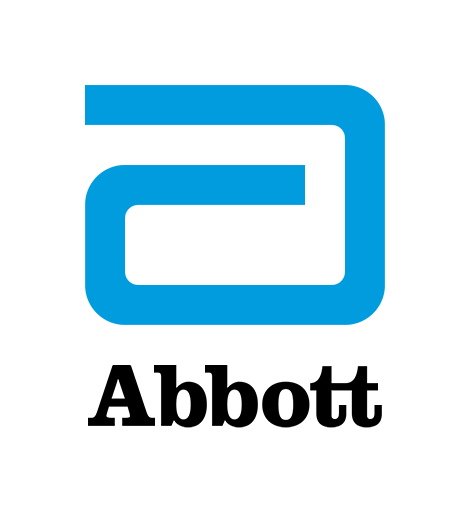Making Research Look More Like Its Patients
With Women as One, we're training under-represented physicians to shape the future of diverse cardiovascular trials.

From the outset of their careers, physicians pledge not to treat "a fever chart, a cancerous growth, but a sick human being."
They promise to see their patients as people, as they need them to.
The problem is, clinical trials aren't seeing all of the people they need to.
One study found that only 34% of participants in cardiology trials are women. Another showed that fewer than 8% of trial participants are Black. Another documented that only 5% are Hispanic.
That's why, in partnership with Women as One, we're expanding upon our diversity in clinical trials initiative by:
- Launching a new training program to train more women, Black and Hispanic men and non-binary physicians
- Teaching fundamental skills that will help them pursue clinical trial research
- Helping physicians recruit clinical trial participants within historically under-represented groups
Recruitment and participation in cardiovascular clinical trials isn't as simple as 1, 2, 3. Barriers such as trust, access, understanding and language prevent many from taking part in these medical mainstays.
That's why building a more diverse cardiovascular field at every level is a priority of ours. Representation can help bridge those gaps.
The 2022 CLIMB Research skills training program will be led by expert cardiovascular researchers Roxana Mehran, MD and Davide Capodanno, MD, PhD, and is open to participants from around the world. The program, which includes a curriculum focused on the clinical research process and opportunities to network and increase visibility with industry peers, will emphasize the importance of bolstering trust in physicians and the clinical trial process and expanding access and understanding within these under-represented groups.
Because we know that this lack of representation comes at the cost of optimal care, in our work to increase diversity in clinical trials (and the medical field as a whole), we’ve added $150,000 for the CLIMB Research program to the $5 million we've spent since 2021 to support scholarships to medical schools at historically black colleges universities (HBCU's) and minority nursing associations, a Diversity in Research Medical Advisory Board and more diverse enrollment in our own trials.
And if people of all genders, races, ethnicities and backgrounds aren't seen in clinical trials, they won't be seen when treatments are designed, implemented and perfected.

